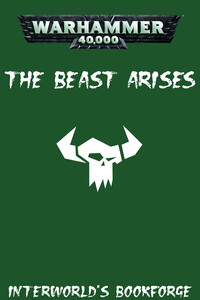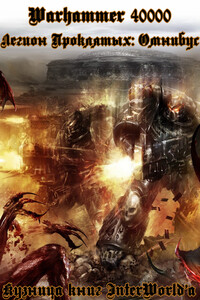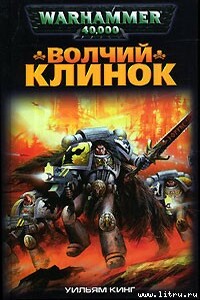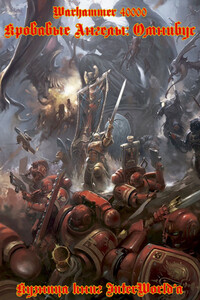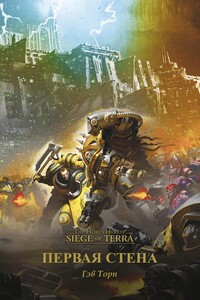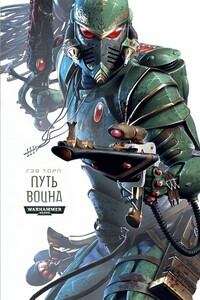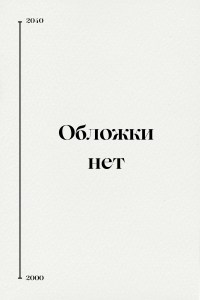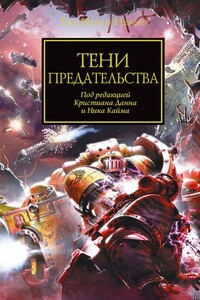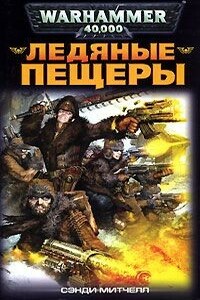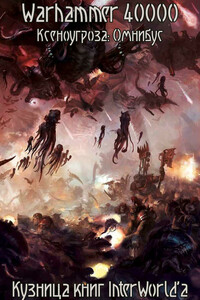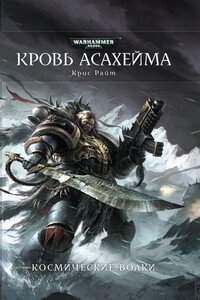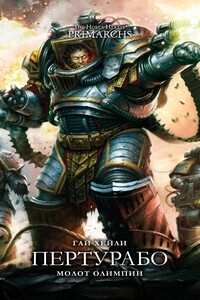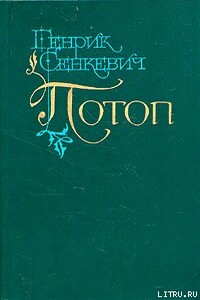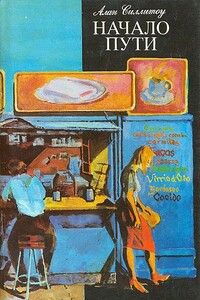Ardamantua, 544.M32
The Chromes were relatively easy to kill, but they came in ferocious numbers.
Eight walls of Imperial Fists boxed one of their primary family groups into a scrub-sided valley east of the blisternest, and reduced them to burned shells and spattered meat.
Smoke rose off the hill of dead. It was a yellowish air-stain composed of atomised organic particulates and the backwash of fyceline smoke. According to the magos biologis sent to assist the undertaking, sustained bolter and las-fire, together with the chronic impact trauma of blade and close-combat weapons, had effectively aerosolised about seven per cent of the enemy’s collective biomass. The yellow smoke, a cloud twenty kilometres wide and sixty long, drained down the valley like a dawn fog.
The magos biologis told Koorland this as if the fact had some practical application. Koorland, second captain of Daylight Wall Company, shrugged. It was a non-fact to him, like someone saying the shape of a pool of spilled blood resembled a map of Arcturus or Great-Uncle Janier’s profile. Koorland had been sent to Throne-forsaken Ardamantua to kill Chromes. He was used to killing things. He was good at it, like all his company brothers and like every brother of the shield-corps. He was also used to the fact that when things were killed in colossal numbers, it left a mess. Sometimes the mess was smoke, sometimes it was liquid, sometimes it was grease, sometimes it was embers. He didn’t need some Terra-spire expert telling him that he and his brothers had pounded the Chromes so hard and so explosively that they had vaporised part of them.
The magos biologis had a retinue of three hundred acolytes and servitors. They were hooded and diligent, and had decorated the hillside with portable detection equipment and analysis engines. Tubes sniffed the air (this, Koorland understood, was how the magos biologis had arrived at his seven per cent revelation). Picting and imaging devices recorded the anatomies of dead and living Chrome specimens alike. Dissections were underway.
‘The Chromes are not a high-factor hostile species,’ the magos told Koorland.
‘Really?’ Koorland replied through his visor speakers, obliged to listen to the report.
‘Not at all,’ the human said, shaking his head, apparently under the impression that Koorland’s obligation was in fact interest. ‘See for yourself,’ he said, gesturing to a half-flayed specimen spread-eagled on a dissection stand. ‘They are armoured, of course, around the head, neck and back, and their forelimbs are well formed into digital blades—’
